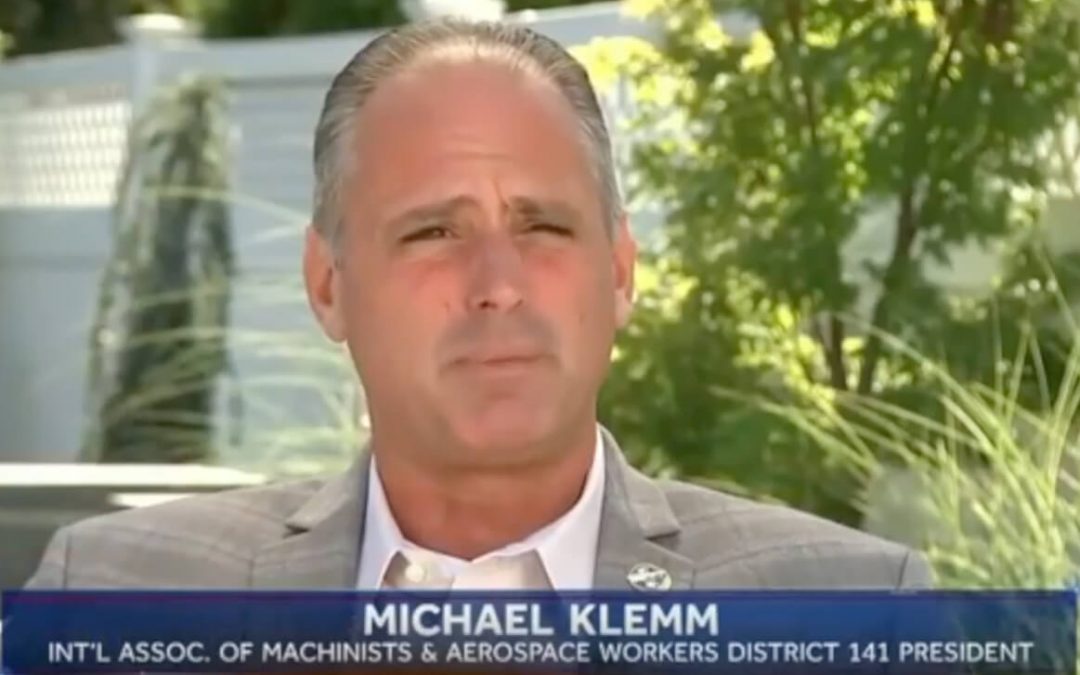
by Eric Price | Sep 30, 2021 | COVID, Front Page, Page Four, Page Three, Page Two, Row 2, United, Video
IAMAW District President and Directing General Chair, Mike Klemm was among those calling for United to use incentive programs before terminations at United. Mike Klemm, District 141 President, on NBC Nightly News Discussing Vaccine Mandates IAMAW District 141...
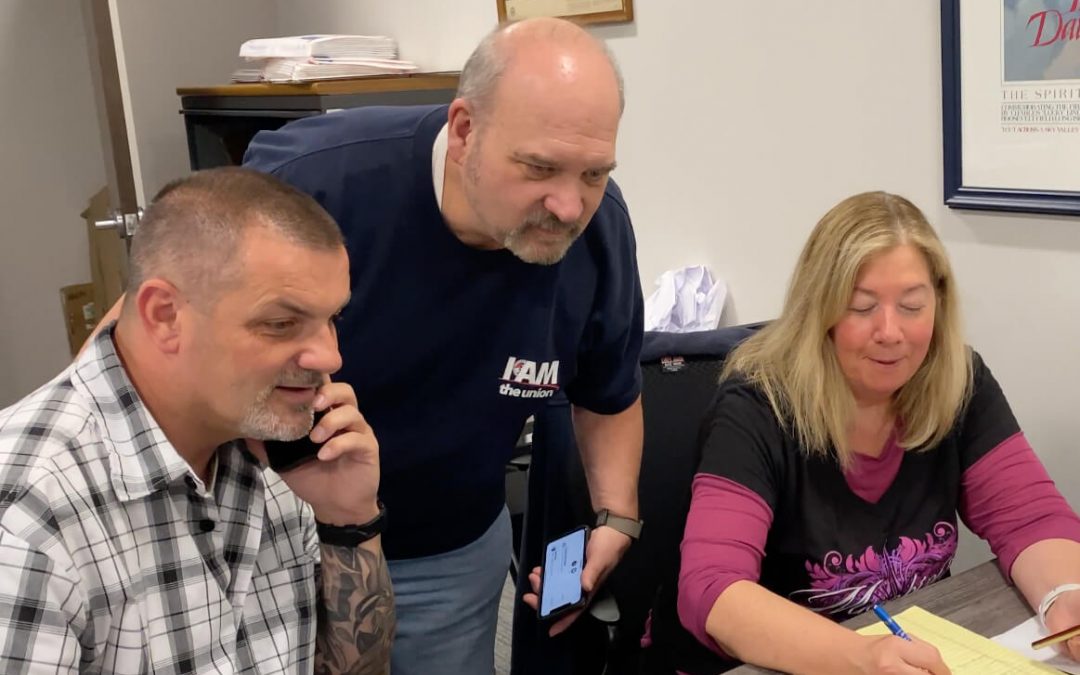
by Eric Price | Sep 24, 2021 | Education, Education Class, Front Page, Page Four, Page Three, Page Two, Row 2, Video
This week, the District 141 Education Department held a two-day workshop at the District Headquarters in Chicago, Illinois. The workshop was hosted by Mac McGovern, the District Director of Education. 141 Report: District Educators Hold Workshop This week, the...

by Eric Price | Sep 21, 2021 | Front Page, GOIAM Stories, Page Five, Page Four, Page Three, Page Two, Perusals, Row 2, Video
IAM Organizing Director Vinny Addeo draws on decades of experience to explain how the Protecting the Right to Organize (PRO) Act would help break down the barriers for working people to join unions. Explaining the Protecting the Right to Organize Act IAM Organizing...
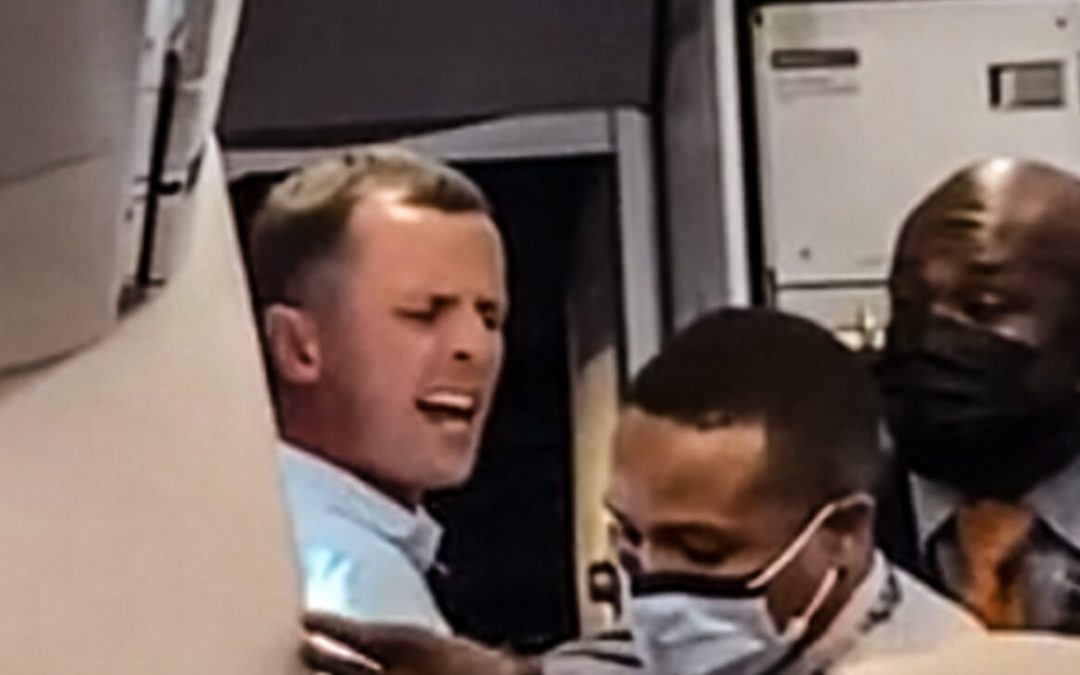
by Eric Price | Sep 20, 2021 | COVID, Front Page, JetBlue, Page Five, Page Four, Page Three, Perusals, Row 2, Video
Warning: Adult Language and Content: The tantrum is the latest in a record-shattering number of air-rage incidents that have happened this year. This year, entitled and enraged passengers have been fined more than $1 million, resulting from more than 3,000 serious...
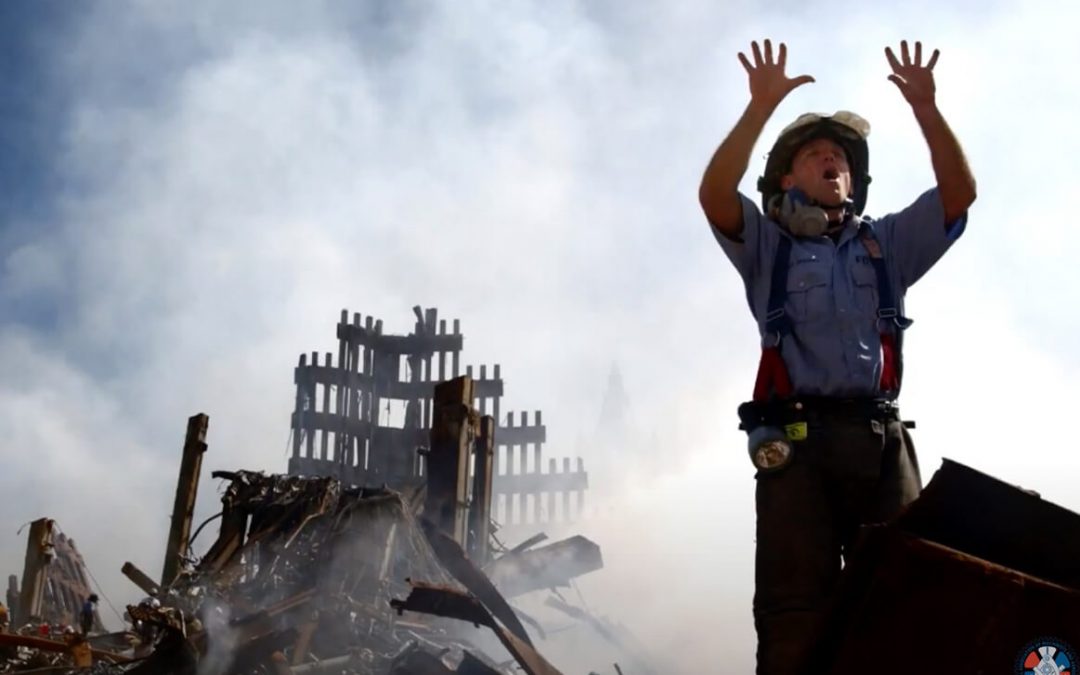
by Eric Price | Sep 12, 2021 | Front Page, Page Five, Page Four, Page Three, Page Two, Perusals, Row 2, Video
IAM members, like so many, has a close connection to the tragedy of 9/11. Twenty years later, we remember and reflect. 20 Years Later, the IAMAW Remembers 9/11 Recounted by IAMAW District 141 Legislative Director, David Roderick. During the September 11 attacks...
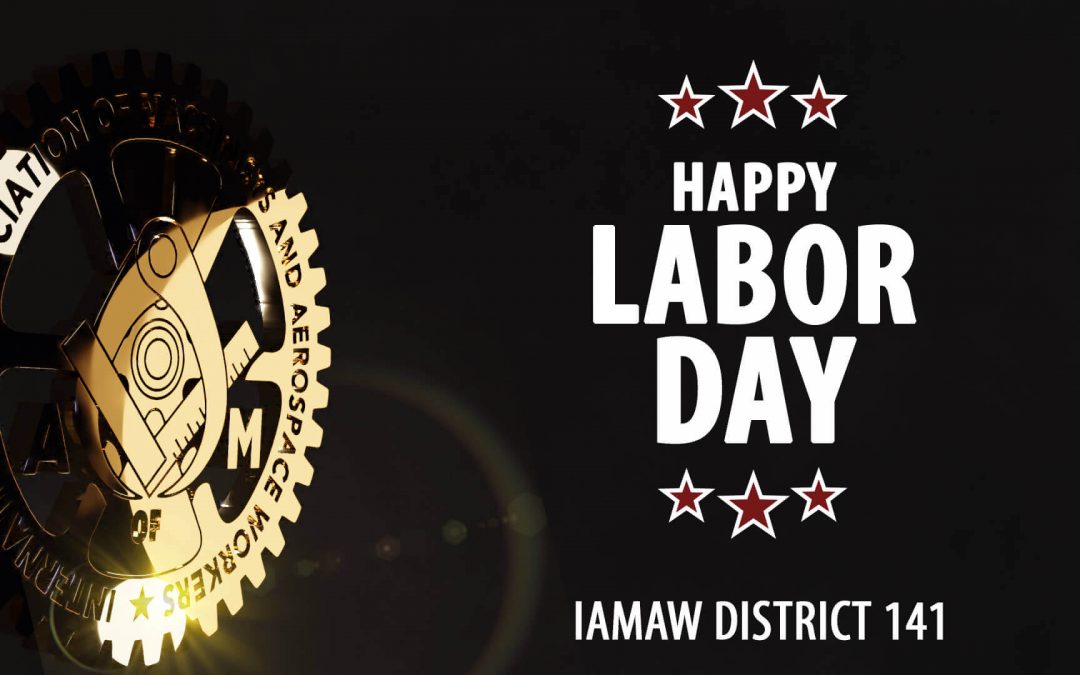
by Eric Price | Sep 10, 2021 | Front Page, Page Five, Page Four, Page Three, Page Two, Perusals, Video
This week, unions and working people around the nation celebrated Labor Day with outdoor cooking, gatherings, and some old-fashioned politicking. It was also a time of reflection, as the date also marks the 20th Anniversary of the 9/11 terrorist attacks. Labor Day a...







